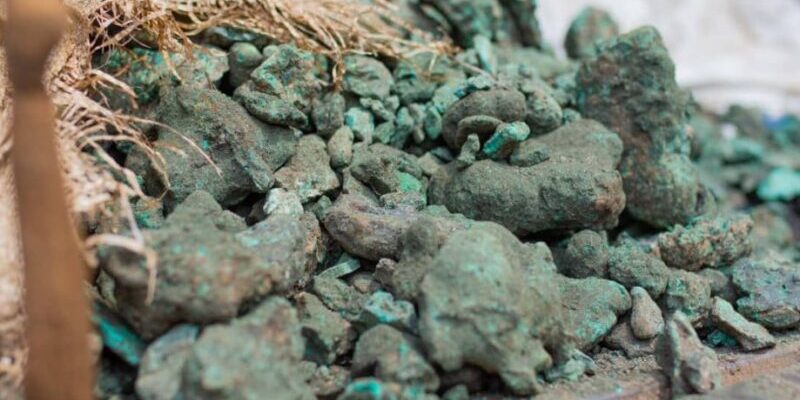
The Democratic Republic of Congo’s Strategic Mineral Substances Market Regulatory and Control Authority (Arecoms) suspended all cobalt exports on February 22, 2025, aiming to tighten market control and safeguard national interests.
During the 36th Ordinary Council of Ministers on March 21, President Félix Tshisekedi praised the measure’s impact, noting that cobalt prices surged over 50% since the suspension.
A March 6 report from the Ministry of Mines also indicated a 27% increase in cobalt prices within a week of the ban.
However, while the government welcomes the price surge, the Central Bank of Congo (BCC) has reported a contrasting trend.
In its economic bulletin on March 19, the BCC revealed that cobalt prices actually fell by 3.3% compared to December 2024, citing market concerns over the export freeze.
“The price of a tonne of cobalt stood at $23,251, reflecting a 9.3% rebound from March 7 due to supply fears. However, compared to December 2024, prices have declined by 3.3%,” the BCC stated. The bank had previously reported an 11.97% drop by February 22, while anticipating potential recovery following the suspension.
Economist Professor Godé Mpoy Kadima warned that the ban could have unintended consequences. He argued that restricting supply might allow competitors, particularly Indonesia—the world’s second-largest cobalt producer—to capture more market share.
To offset losses, he urged the DRC to implement stricter anti-corruption measures to recover revenues lost to fraud and embezzlement.
He also cautioned that cobalt prices may stagnate as nations seek alternatives, highlighting China’s advances in cobalt-free battery technology.
“The DRC should spearhead the formation of a cobalt producers’ cartel to manage exports strategically. Without such coordination, the export freeze could backfire,” he warned. “Only a crackdown on fraud and corruption will secure compensatory revenues in an increasingly cutthroat global market.”





